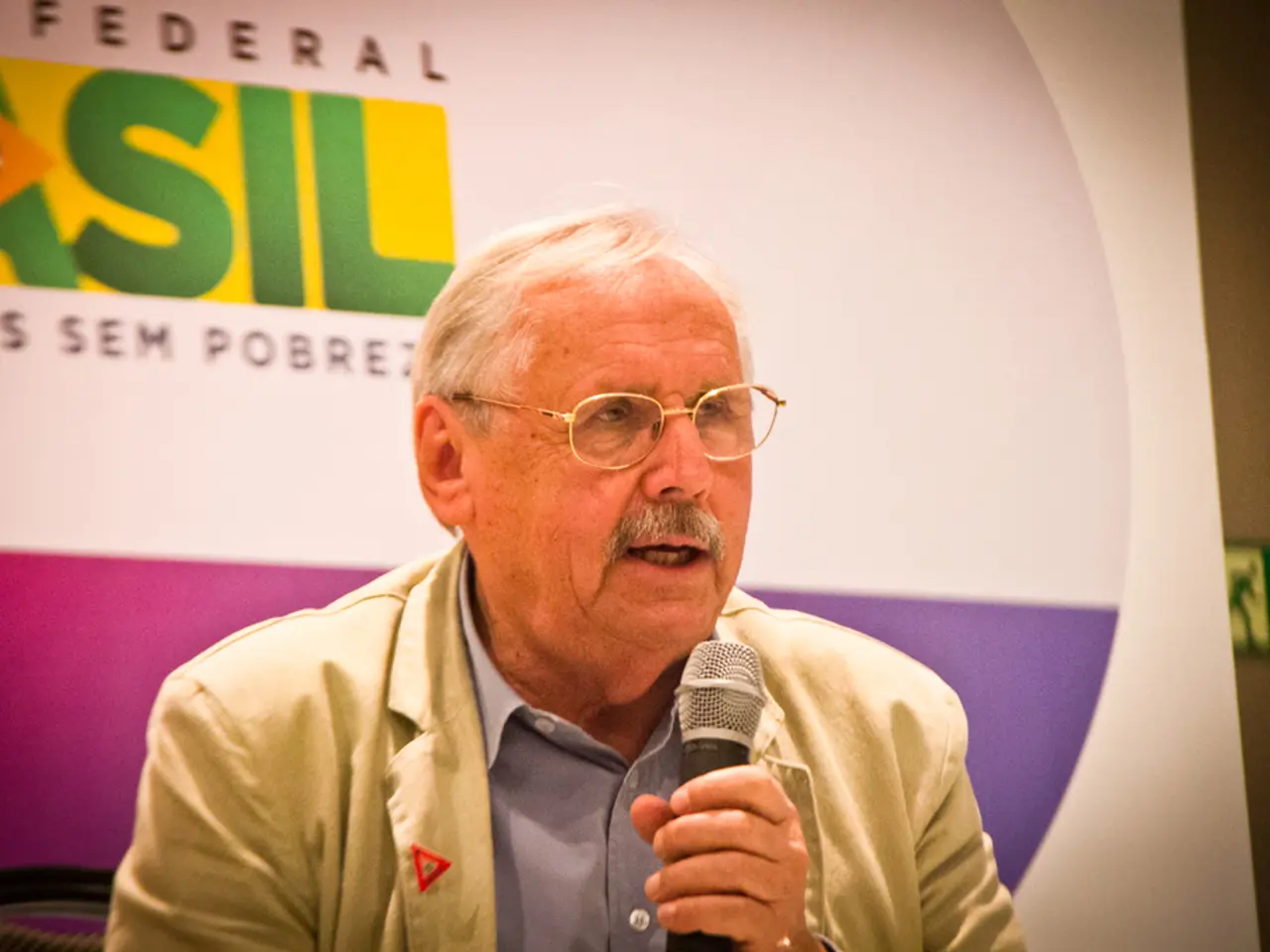Wealthy Investors' Attractive Opportunity in Australia, 'Golden Visa' Program Officially Scrapped
Australia Bids Farewell to Golden Visa Program
Australia has made a significant shift in its immigration policy by terminating its "golden visa" programs, which were designed to attract affluent foreign investors. The decision was made to focus more on innovation, skills, and managing economic factors such as inflation.
The Business Talent (132) visa program ended on June 30, 2021, and the Global Talent Program, often referred to as a golden visa, will cease by late 2024. This move marks a transition towards new visa categories like the Innovation and Entrepreneur visas, which aim to attract skilled professionals rather than relying on investment-based pathways.
The termination of these programs has caused some controversy among business migrants and investors who preferred the former investment visa routes. However, the Australian government's decision aligns with a broader global recalibration of investment-based immigration policies, focusing more on economic balance, security, and social impact.
Since its inception in 2012, the Significant Investor Visa (SIV) program has granted thousands of visas. However, concerns about potential money laundering, tax concessions that were a burden on the public, and the attraction of individuals with "less business acumen" led to the government's decision to discontinue the SIV program.
In a December policy document, the decision to eliminate the SIV program was announced. Critics argue that the golden visa program was exploited by corrupt officials for illicit fund parking, a concern that was raised in a government inquiry in 2016.
The replacement for the golden visa program will focus on introducing more visas for skilled workers capable of making substantial contributions to Australia. This shift towards skilled migration aligns with the UK's move in 2022 to abolish a fast-track residency scheme for the super-wealthy due to concerns about the influx of illicit money.
Other countries have also faced scrutiny over their golden visa programs. Spain officially ended its Golden Visa in April 2025, citing housing affordability and negative impacts on local real estate markets. The UK’s Tier 1 Investor visa and Malta’s Individual Investor Programme (IIP) have faced criticism for risks of money laundering, inadequate vetting, and potential security risks.
Despite these controversies, the U.S. maintains its EB-5 investor visa program, which allows foreign investors to obtain permanent residency through investment. However, attempts to create a direct "golden visa" for citizenship by investment, such as Trump’s proposed “gold card” for $5 million citizenship, have faced legal and political hurdles and have not been implemented.
Clancy Moore, CEO of Transparency International Australia, approves of the termination of the golden visa program. Bill Browder, a key figure behind the Magnitsky Act, also criticized the golden visa program.
According to government statistics, 85% of successful SIV applicants originate from China. Some asset managers argued that the subsequent investment from SIVs exceeded the initial A$5 million buy-in. However, the poor economic outcomes identified by the government led to the decision to discontinue the program.
In The Australian's 2022 report, individuals associated with Cambodia's Hun Sen regime were found to have exploited the golden visa system. This further underscores the concerns about loopholes and vulnerabilities in the program.
As Australia moves towards a more skilled-based immigration policy, it joins other countries in balancing the attraction of foreign investment with domestic socio-economic considerations. The focus on innovation, skills, and economic balance is expected to bring about positive changes for Australia's economy and society.
The Australian government's decision to terminate the Golden Visa Program is a significant shift towards focusing on innovation and attracting skilled professionals in the business domain, with an aim to manage economic factors such as inflation (economic balance). The termination of investment-based visa routes like the Significant Investor Visa (SIV) program is part of a global recalibration of investment-based immigration policies, aligning with the UK's move to abolish a fast-track residency scheme for the super-wealthy due to concerns about the influx of illicit money.




